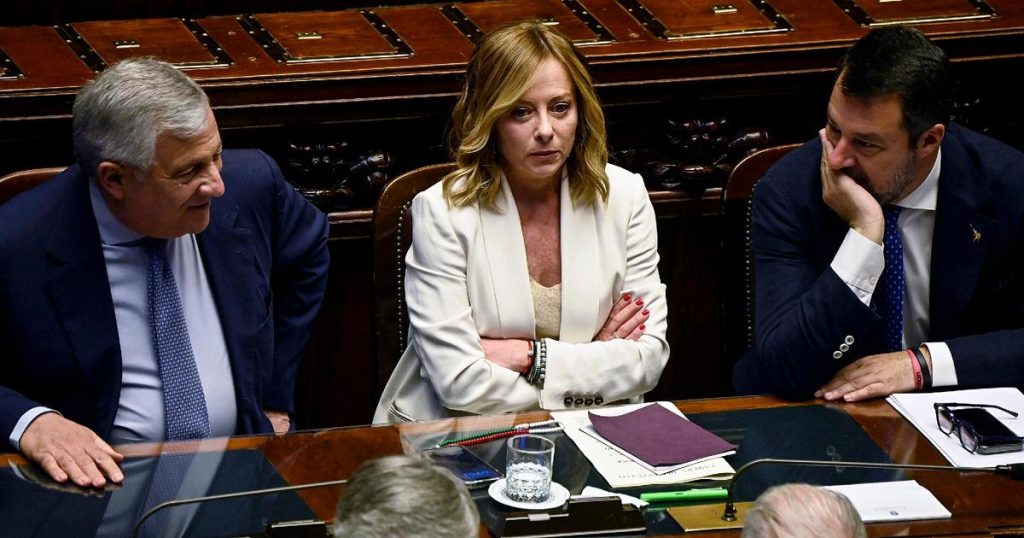After 24 hours of silence, Fratelli d’Italia intervened on the voting issue in Austria, the latest battleground between government allies. The group made its statement through the leader of the house, Tommaso Foti, who refrained from directly commenting on the words of Antonio Tajani and Matteo Salvini but rejected the statements made by the Deputy Prime Minister. While Salvini had expressed hope for a “popular-led government in Austria that excludes the Freedom Party,” Foti labeled such interventions as inappropriate. He emphasized that elected officials have emerged from the elections, and it will be the parties together with the Head of State who will decide the government alliance. Foti’s clear stance reflects some discontent within Giorgia Meloni’s party due to the ongoing tensions with the League and Forza Italia, ranging from European alliances to autonomy and the ius scholae issue.
Tajani responded to Salvini’s comments regarding the resurgence of neo-Nazism by jokingly saying, “I am on a diet, I digest well.” Forza Italia, after expanding its group in the Chamber, has attracted new members (former Italia Viva members) in Lombardy and continues to push ahead with its positions and battles. With the proposed law on ius scholae in its final stages and expected to be completed within the upcoming week, the party aims to grant citizenship to all students who have completed a ten-year study cycle in Italy, regardless of their place of birth. According to Maurizio Gasparri, under the current law, individuals can apply for citizenship at the age of 18 after residing in Italy for ten years, even if they are illiterate and have not attended school. However, with their proposal, the request can be made at the age of 16, making it harder to reject.
Salvini, who has already expressed his opposition to ius scholae, is preparing for an event in Pontida on October 6 with Viktor Orbán, Geert Wilders, André Ventura, and Marlene Svazek, the vice president of FPO. Marine Le Pen and Jordan Bardella, busy with political activities in France, will send a video message, as will former Brazilian president Jair Bolsonaro. Meanwhile, tensions are escalating both nationally and territorially, with clashes over issues such as autonomy. In response to Tajani’s criticism about giving exports responsibilities to every region, Veneto Governor Luca Zaia defended the differentiated autonomy proposal as a means of requesting certain functions within this area that could be more beneficial. Additionally, there is a heated exchange between Zaia’s assessor, Roberto Marcato, and the Forza Italia governor Roberto Occhiuto, who suggested delaying the effects of the reform.
The divisions continue to grow, with friction between the allies escalating both at the national and territorial levels. On the autonomy issue, a back-and-forth exchange is taking place. Veneto Governor Luca Zaia responds to Tajani’s remarks about not entrusting exports to each region, emphasizing that differentiated autonomy does not aim to create twenty ministries of foreign or foreign trade but to request some roles in this area. On the other hand, Zaia’s assessor Roberto Marcato strongly criticizes Forza Italia Governor Roberto Occhiuto, suggesting that the party might move towards the Democratic Party in the future. Meanwhile, supporters of Giorgia Meloni’s party are watching closely to prevent conflicts from affecting the main battleground: the budget.















